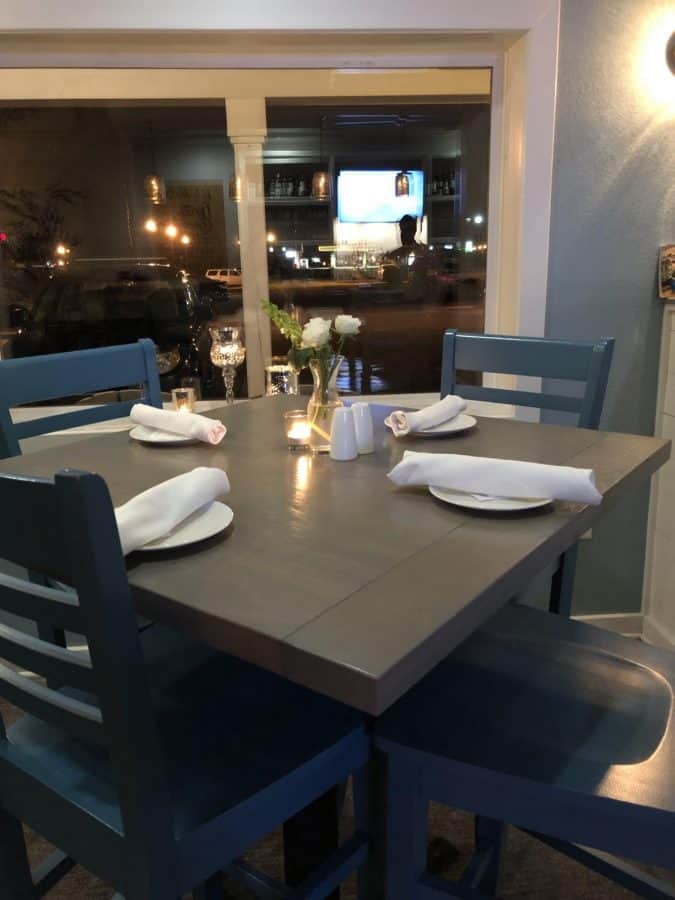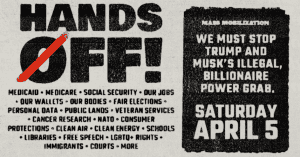Daters keep up with Valentine’s Day etiquette
February 14, 2019
With the arrival of Valentine’s Day, avoiding awkwardness in new relationships is paramount in the minds of new daters. Concerns of who is paying for a date, who is driving whom and what to wear can all result in anxiety and uncertainty.
“Some of my friends who have been dating for a while have rules about every other date who will pay,” Kery Danh, a junior majoring in human performance and exercise science, said. “But if the relationship is something new and budding, it might be an uncomfortable conversation. I would not communicate with my date and just go ahead and pay it. … I grew up in a more traditional household, so I just prefer to pay the bill myself.”
However, that method may not always work, especially with increased economic independence of women and same-sex couples. This often results in discomfort at the end of the meal, when the waiter might wrongly assume who is paying the check.
“Before I came out, I went on dates with girls, so I still have it in my head that I should be the one paying,” said Alex Freeman, a junior majoring in musical theatre. “I assume that I’ll be paying for the first date, but the second date with a guy really sets off the awkwardness of who’s paying.”
This is where etiquette comes in, said Gina Johnson, an Emily Post certified trainer teaching in the Honors College.
“Once your date accepts, review the plans,” Johnson said. “Now’s the time to discuss who will pay, who is driving, are you meeting there, what time, etc. It’s also good to discuss what you plan to do, which may help you determine what to wear. Most every place in Tuscaloosa is OK with casual wear, but if your date is dressed up and you are casual, it can be awkward. Bottom line, talk about all these details up front. Don’t wait until the last minute or until you get on the date.”
Many people have experienced these uncomfortable moments in a myriad of ways.
“On my last date, in Birmingham at a place called The Collins Bar, I didn’t think much about it, so I just wore jeans and a button-down,” Freeman said. “But then the guy I met was in a tie, so I guess it just depends on you as a person, but I didn’t think it was going to be that fancy.”
Though some might think etiquette is a stuffy idea of the past, Johnson says it adapts to the times.
“Etiquette is made up of two parts: manners and principles,” Johnson said. “Manners are a set of rules that are time-bound. Principles are timeless. For example, in the first edition of Emily Post’s ‘Etiquette,’ published in 1922, when you went on a date, you had to have a chaperone with you – so three people on a date. By the 1940s, that stipulation had been dropped. But the principles of consideration, respect and honesty do not change. So when there isn’t a rule for a social or business situation, use those principles to solve the issue.”
Communication is the key to keeping good manners, Johnson said. The best way to avoid awkwardness at the arrival of the check is to tell your host or server about your plans, if you intend to cover the bill. The same goes for what to wear, where to meet, how much to spend and even the invitation to the date itself. It often comes down to the personal preference of the couple.
“At Avenue Pub where I work, we were trained to always ask if it was going to be one check or two,” Freeman said. “I usually try to put the check in the center of the table, but sometimes if the guy answers ‘one,’ it’s safe to assume he’s paying.”
However, dating is personal, and individuals may differ in their methods. Open communication allows for traditional and modern ideas of etiquette to coexist.
“I prefer to pick up my dates on the drive there,” Danh said. “I like to have a nice conversation before the date really starts. If it’s going well, I might surprise her with a gift at her door or send something like chocolate strawberries to where she works.”
The practice of manners and principles extends beyond dating. Johnson emphasized the importance of etiquette in platonic relationships and business meetings as well.
“Etiquette is all about relationships, it’s how my actions impact your life,” Johnson said. “We always want to think of others first and choose actions that build relationships.”





















